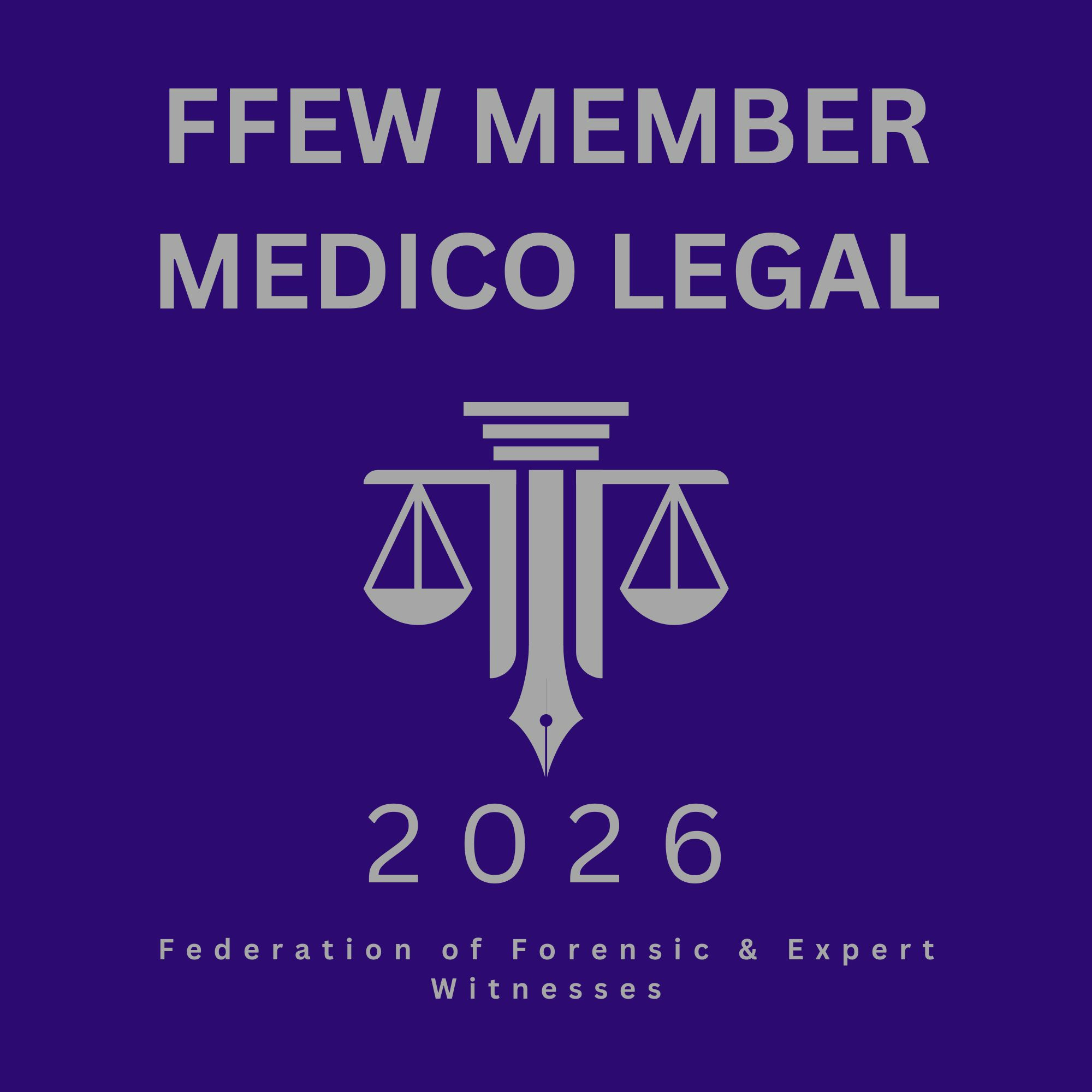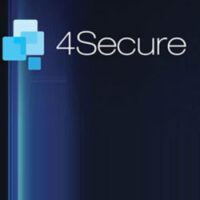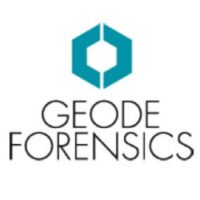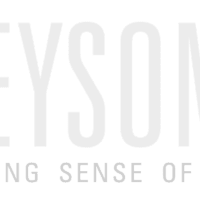Description
Any company becoming involved in a lawsuit over an ICT patent, whether alleging infringement, or having infringement alleged against it, has good knowledge concerning the technology at issue and how it relates to the business of the company. The company will want to assist its lawyers with the identification of appropriate outside experts; and the company and its attorneys may want to engage different experts for invalidity issues, and for infringement damages.
In my experience, expert testimony is a vitally important component of such ICT patent litigation. Selecting an expert with excellent experience, credentials and communication skills is often the bedrock of effective litigation and may even make the difference between winning and losing. Thorough expert research, investigation, analysis, findings, conclusions, opinions and testimony can potentially make or break a case. In the USA, ICT patent litigation has become a particularly lively activity demanding experts, where what have been referred to as the ‘mobile phone patent wars’ have for some time been raging. Such litigious battles involve almost all of the major global brands and companies in a massive industry characterised by relentless product development and constant innovation in mobile communications devices, technologies and markets, for which ‘patent protection’ is therefore of fundamental importance. Multi-billion-dollar patent infringement claims and judgments are arising in these sectors at a seemingly unstoppable pace. It has been estimated that there may be around 2,000 such lawsuits on foot at any one time in the US courts in this one area of ICT patent litigation alone.
There are perhaps three critically important activities involved in choosing and using any expert witness for ICT patent litigation:
• Finding a good outside expert to testify;
• Preparing the expert for examination of the expert’s testimony at trial; and
• Incorporating the expert’s opinions into the litigation strategy.
This article focuses on the first of these essential activities. I emphasise that I am not a lawyer and that these comments are simply based on my understanding of and experience as an expert acting in US ICT patent cases, drawing also on Reference [1].
The chosen expert has to inform and educate both the court, and the members of a jury, on many topics that are beyond the latter’s normal experience, and where the technology is likely to be foreign to them. In addition, there arise in US patent cases techno-legal concepts associated with:
• Claim Construction/Interpretation.
• 35 U.S.C. § 103 Prior Art.
• The Doctrine of Equivalence.
• ‘Convoyed Sales’ [2].
Inside Expert
Often the first step in forming the expert team is for the company and its counsel to identify an inside expert to assist with the case, who can:
• aid counsel to stay focused on the business goals underlying the case;
• help to identify the best outside expert(s), especially on technology issues;
• assist the outside expert in applying, for example, legal principles and esoteric industry custom and practice, terms of art etc to the specific business claims at issue; and
• provide realistic and frank reports as to the status of the case (as these communications may be covered by attorney-client privilege, while the outside experts may not).
When an inside expert is identifi ed, his/her appointment should be accompanied by the company’s commitment, backing and appropriate administration and other support and resources. This enables the inside expert to devote effective and productive time and energy to the relevant and sustained tasks that will then inevitably arise in progressing a long and complex ICT patent litigation action. Finding also a good outside expert then becomes an early and crucial step in building a successful litigation strategy. Personal recommendation, and reference to established online and printed directory resources, such as the special section just for experts in Trial magazine, can assist significantly in this search.
Searching for a Good Outside Expert: Qualifications and Competence
The outside expert has to be qualified regarding the issues he or she is to address. The expert must also be a compelling, authoritative and effective communicator. It has often been observed that US jurors will accept the testimony of the most credible witness even if they do not fully understand the testimony. Other factors are also important to be considered when assessing the competence of a potential outside expert, including in particular: education, practical experience, publications, prior testimony and demeanour.
Education: There is little argument that academic and professional pedigree helps to establish the credibility of an expert. This includes appropriate advanced university degrees, together with Chartered status of relevant professional bodies and institutions (for ICT patent actions, these would include for example those for Computer Science, Mathematics, Physics, Electronics, Engineering, Production, Business, Management and Economics disciplines).
Experience: Practical experience is also vital. An academic with no practical experience may be open to attack for being too theoretical. Also, in some areas of ICT, there simply may not be a qualifi ed academic available either at all, or to compare with a senior and experienced ICT practitioner having track-record and professional standing and experience in the relevant ICT industries, markets and business applications; and in project/product management principles, customs and practices.
Publishing: Ideally, a potential expert witness will have been the author of (numerous) articles in the subject matter of the ICT issues that he or she will be asked to address.
Prior testimony: An expert’s previous experience in testifying ought to help increase his or her effectiveness. Prior experience of giving testimony in court should assist in avoiding the downgrading of the value of the expert’s responses during cross-examination in the eyes of the jury simply through apparent ‘nerves’ and an impression gained of the expert’s own lack of confidence in the expert’s findings and opinions.
Demeanour: Calm, courteous, unshakeable responses under cross-examination usually assist in better communication of key principles and insights in a clear and compelling fashion, and ideally where they have been arrived at by the expert in as ‘objectively justifiable’ a manner as possible. (On the other hand, an obviously trial-savvy ‘hired gun’, of the type occasionally appearing in some courts may simply seem too untrustworthy and ‘slick’ to earn any great credibility).
The Daubert Challenges
One aspect of engaging an outside expert for US patent cases which is becoming increasingly significant is that of trying to verify that he or she will withstand inevitable challenges by the opposition, in particular, those referred to as the Daubert Challenges. The ‘Daubert trilogy’ consists of three US Supreme Court cases setting certain threshold standards for admitting expert testimony:
• Daubert v Merrell Dow Pharmaceuticals;
• Kumho Tire Co v Carmichael; and
• General Electric v Joiner.
It is District Court Judges who, by the outcome of these cases, have been put in control of determining whether the expert testimony submitted is reliable enough for admission at trial; and the Daubert trilogy apparently gives Judges broad discretion for making such a determination. Trial attorneys therefore now routinely challenge the opposition’s expert witnesses on the chance that the Judge will not allow the testimony.
In December 2000 the US Congress codified the ‘Daubert standard’ for admitting expert testimony. The Federal Rules of Evidence, consistent with the Daubert trilogy, require that a District Court Judge acts as the ‘filter’ for all expert testimony, entrusting to the Judge assessment of whether the submitted testimony is reliably grounded and well-reasoned, and is not speculative, before allowing the expert to testify. This standard of reliability must be met by an expert testifying to any specialised knowledge, since neither Daubert nor the Federal Rules of Evidence restrict this ‘filtering’ function to scientific or technological expert evidence alone.
A non-exclusive list of questions was in Daubert set down by the US Supreme Court to be considered by a District Court Judge when determining the reliability of submitted expert testimony:
• can the theory on which the expert testimony relies be tested?;
• has the theory been subjected to peer review and publication?;
• do the expert techniques used have a known or potential error rate?; and
• has the theory been accepted by the scientific (or appropriate other recognised) community?
The Supreme Court did not stipulate these questions as a definitive checklist, so that a District Court need not necessarily consider each and every one of them. The District Court Judge need only find the potential expert qualified as regards one of the questions, for the expert to testify as an expert. The expert witness may qualify as an expert based on his or her knowledge, skill, training, experience, expertise and/or education: if an expert is basing his opinion, for example, only on experience, he or she must explain how that experience has led to the expert opinions given. I find it a sobering thought, and one to which I personally pay great heed in carrying out my own expert investigations and analyses, that, in the extreme, all an expert’s testimony may be excluded by the Judge as lacking in ‘intellectual rigour’ [3].
Bibliography
[1] http://www.sutherland.com/files/Publication/c488e565-d90d-4196-a449-db94bb91c300/Presentation/PublicationAttachment/cb411dab-72da-405b-a7f5-a10c0a2fa153/IP05%20Sutherland.pdf Sutherland Asbill & Brennan LLP, Atlanta, GA, United StatesExploiting expertise: Effective use of expert witnesses in patent litigation
[2] http://www.fr.com/damagescategory1/Generic.aspxCategory 1: Convoyed (or Collateral) Sales Damages for Unpatented Items
[3] http://www.lexology.com/library/detail.aspx?g=8960e8a7-e4b5-4015-b5e8-66b25741bd0fJudge Posner’s exclusion of damages expert witness testimony: a pivotal ruling in the smartphone patent litigation wars Lane Powell PC Paul D. Swanson June 18 2012Sitting by designation, Circuit Judge Richard Posner is presiding over one of smartphone patent battles pending between Apple and Motorola, this one being waged in Illinois federal district court. He is arguably America’s most gifted and influential living jurist—bar none. Judge Posner’s recent Daubert ruling excluded all damages expert witness testimony proffered by the parties because it lacked “intellectual rigor.” … His Daubert ruling is must reading for any patent litigator and damages expert …
http://www.informationweek.co.uk/hardware/handheld/apple-samsung-expert-witnesses-reap-big/240006059
Apple, Samsung Expert Witnesses Reap Big Bucks Charles Babcock Editor At Large,Information Week August 23, 2012… Apple gave one expert witness $1.75 million to construct a damages figure ….
Some Other Significant Cases
Rite-Hite Corp. v. Kelley Co., 56 F.3d 1538 (Fed. Cir.), cert. denied, 516 U.S. 867 (1995).Paper Converting Mach. Co. v. Magna-Graphics Corp., 745 F.2d 11 (Fed. Cir. 1984).Interactive Pictures Corp. v. Infinite Pictures, Inc., 274 F.3d 1371 (Fed. Cir. 2001).Juicy Whip, Inc. v. Orange Bang, Inc., 382 F.3d 1367 (Fed. Cir. 2004).Golden Blount, Inc. v. Robert H. Peterson Co., 438 F.3d 1354, 1370-72 (Fed. Cir. 2006).American Seating Co. v. USSC Group, Inc., 514 F.3d 1262, 1268 (Fed. Cir. 2008).
Dr Stephen Castell CITP, Medallist, BCS IT Consultant of the Year, is Chairman of CASTELL Consulting. He is an internationally-acknowledged independent computer expert, consultant and project manager and teaches a Course, ‘Avoiding IT Disasters – the Expert Way’. He has been appointed as expert witness in some of the largest and most complex ICT disputes to be heard in the English High Court, and worldwide. He offers a confidential ICT PROJECT & IP AUDIT, to ICT software, systems and device vendors, customers and their legal advisers alike. He has been retained in several significant US ICT patent cases as consulting, and testifying, expert, particularly in regard to lawsuits over software, systems, applications, digital devices, and technologies in data broadcasting, mobile telephony and data transfer, e-commerce, and interactive online market research.
CASTELL Consulting, PO Box 334, Witham, Essex CM8 3LP, United Kingdom
Tel: +44 1621 891 776 Mob: +44 7831 349 162
PO Box 270529, San Diego, CA 92198, United States of America
Tel: +1 (310) 890-9859 l Email: cstll01@attglobal.net
http://www.CastellConsulting.com




